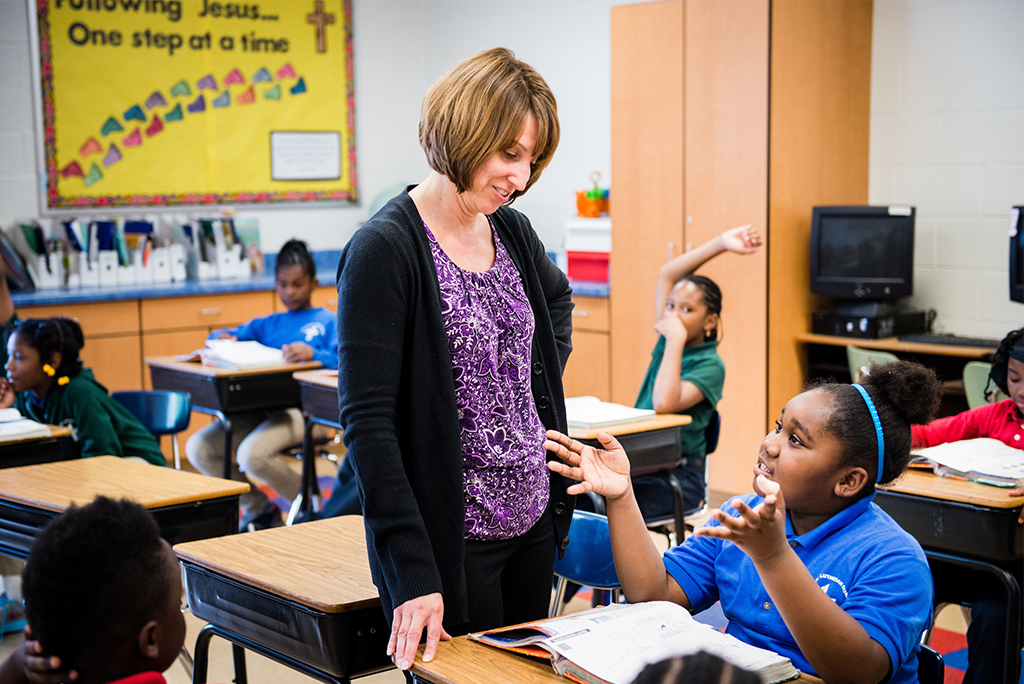
By Pamela J. Nielsen
NEW ORLEANS — In their final meeting of the year, held Nov. 20-23, the LCMS Council of Presidents (COP) conducted business, discussed matters of theology and casuistry, learned about the status of church-worker health care and received guidance on several legal questions. The group met prior to the annual Lutheran Church Extension Fund Fall Leadership Conference, held here this year.
Council business
The Rev. Dr. John Wille, president of the LCMS South Wisconsin District, reviewed the status of the Circuit Visitor Manual that has been approved by the Commission on Constitutional Matters.
In a related discussion, the COP revised an earlier decision requiring all candidates for ordained ministry, regardless of the path to ministry, to fill out both the Pastor’s Information Form and the Self Evaluation Tool. Noting the difficulty some candidates have in completing the forms, the council removed the requirement for those in specialized (non-seminary) programs.
LCMS First Vice-President Rev. Dr. Herbert C. Mueller Jr. described the upcoming district-convention cycle with the first gavel coming down at the LCMS North Dakota District convention Jan. 21-24. There are 11 conventions in the months of January through May, but 23 conventions in June alone. The cycle ends with the LCMS Central Illinois District convention in July.
“We are seeking to bring President Harrison to 25 of the conventions,” said Mueller, “and we are planning to have someone from the Praesidium at each convention from gavel to gavel.”
LCMS Secretary Rev. Dr. John Sias gave a presentation on changes to the nominations and election process leading up to the 2019 convention and on draft policies and procedures for registration of congregational voters in the 2019 election of the Synod president.
While it is hoped that the changes will lead to greater participation across the Synod, the changes, Sias said, will necessitate heightened attention and increased communication, at least the first time through.
Concordia Plan Services
The Council welcomed Jim Sanft, president of Concordia Plan Services (CPS), who provided an update on some of the key challenges and opportunities facing CPS as well as an overview of CPS’ activities and involvement with regulators and legislators in Washington, D.C.
As leaders in the Church Alliance (an organization with representatives from 37 denominational benefit organizations), CPS executives work to make sure the interests of church plans, and their participating ministries and workers, are heard and understood by key influencers in D.C. The Church Alliance has been successful in impacting regulatory changes under the Affordable Care Act and in getting some church-worker concerns addressed in the current tax-reform efforts.
As CPS moves forward, Sanft is asking for LCMS leaders to actively encourage their workers in their health and wellness journey and to be role models for those they lead. CPS wants to help workers improve their health, both from a physical and emotional standpoint and also from a financial standpoint.
Sanft concluded his presentation with a focus on demographic trends within the LCMS. Acknowledging the very real downward trends in church membership and attendance statistics, Sanft demonstrated that the overall membership of CPS is quite stable. The number of workers enrolled in CPS at congregations without schools has declined over the past 10 years, and this decline would be consistent with those membership and attendance trends.
At the same time, however, the number of CPS-enrolled workers at ministries involved in education (church with a school, stand-alone school, university) has increased. Although there is growth in LCMS school enrollment across the country, growth is especially evident in the West–Southwest and Great Lakes regions of the LCMS.
“Although people may not be coming on Sunday as they had in the past, they are coming Monday through Friday,” said Sanft, “bringing us their children and … paying us for the privilege of sharing the Good News of Jesus Christ with them!”
Sanft underscored the importance of this dynamic for the long-term financial stability and viability of CPS, noting that Lutheran education plays a critical role in the growth of the workforce at LCMS ministries.
“It is also important to note that nearly two-thirds of full-time employees in the Concordia Plans are lay workers,” said Sanft. “Together, lay workers and Lutheran education drive the economic engine of the Concordia Plans.”
Theological presentations
LCMS New Jersey District President Rev. Tony Steinbronn shared the outcome of his study on Walther’s Church and Ministry. The Rev. Dr. Larry Vogel, assistant director of the LCMS Commission on Theology and Church Relations, gave a presentation about the royal priesthood of believers and the office of the public ministry.
As part of his report to the COP, LCMS President Rev. Dr. Matthew C. Harrison continued working through a theological paper addressing the topic, “Who may forgive sins?”
Other business
The council heard updates on licensed lay deacons and participated in an in-service session on the purpose and procedures of “Restricted Status.”
LCMS Legal Counsel Sherri Strand spoke to the group about legal requirements and best practices regarding document retention and destruction and background checks and provided an overview of the upcoming federal court case that is likely to determine the future of the clergy housing allowance.
In their final morning of meeting, the COP participated in a joint session with the LCMS Board of Directors. The next COP meeting is scheduled for Feb. 5-8.
Deaconess Pamela J. Nielsen (pamela.nielsen@lcms.org) is associate executive director of LCMS Communications.
Posted Jan. 3, 2018




